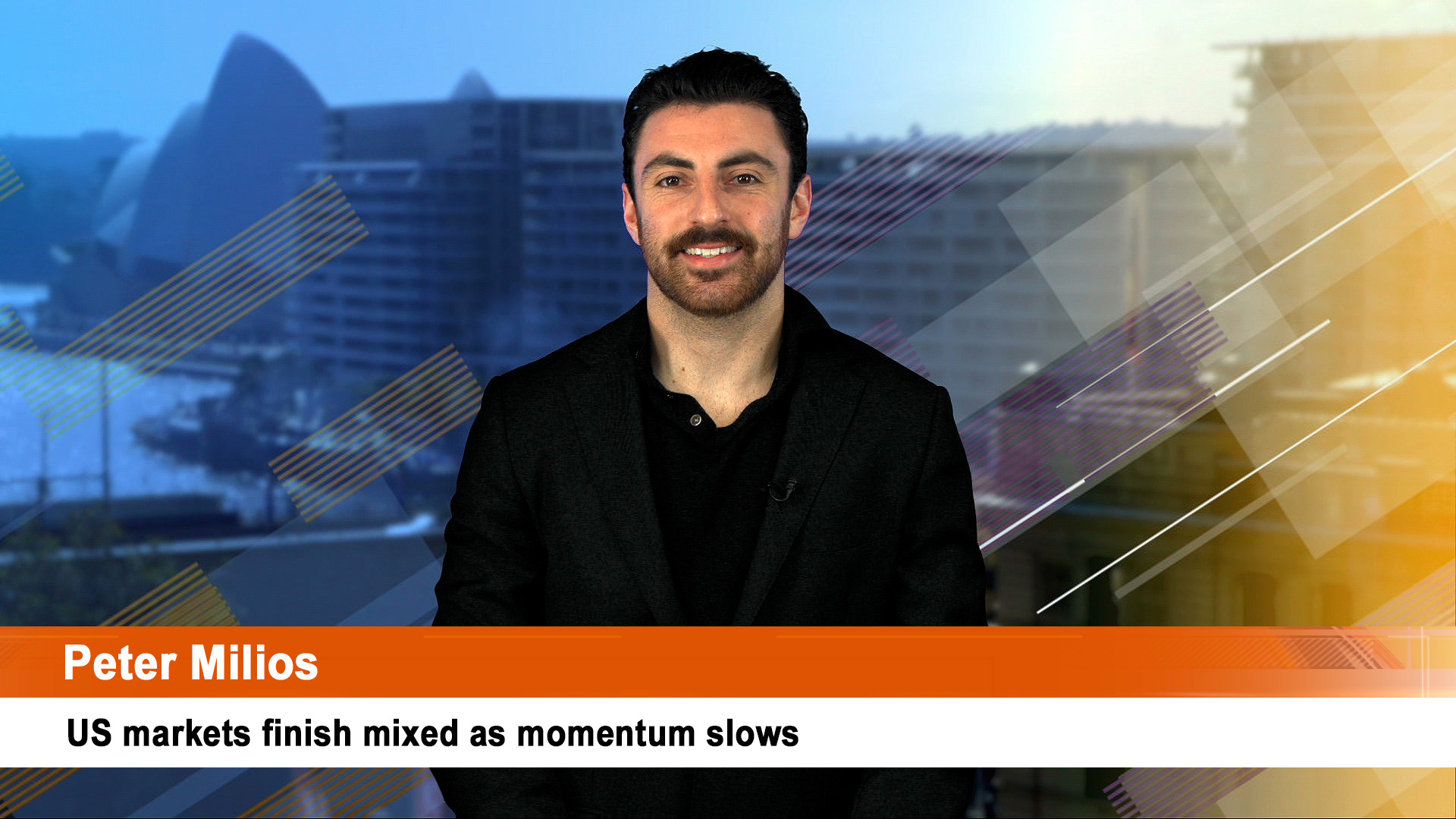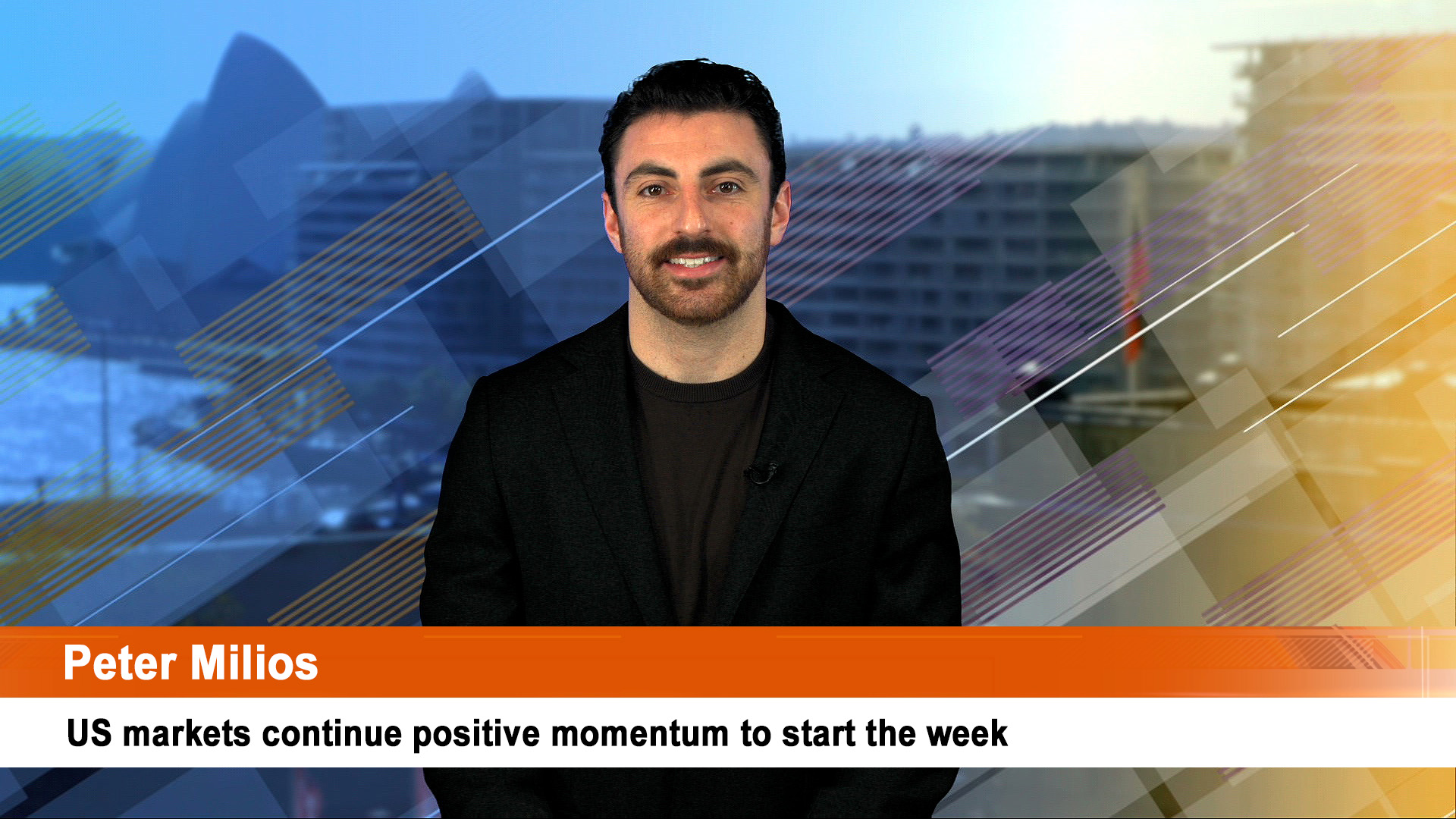A quieter week looms both locally and globally, although the bank jitters will continue to pester markets, so too concerns about interest rates and all things economics, as the ending of the March quarter on Friday lowers the curtain on a three-month period that most investors will want to forget.
In Australia the end of the quarter will see some companies rule off key reporting periods – interims for major banks like the NAB, ANZ and Westpac. Nufarm, Orica, Incitec Pivot and full financial years for the likes of CSR, James Hardie and Macquarie Bank.
As usual, March 31 will see mining companies large and small rule off their exploration and investment accounts ahead of their regular quarterly reports next month – mostly after Easter.
February’s retail sales tomorrow are expected to be flat which will keep in place the weak to flat nominal trend in retail sales since last September and Wednesday’s monthly inflation indications for February are forecast to show a further fall back to an annual rate of 6.9% from 7.4%.
Job vacancy data for February on Thursday is likely to show the third quarter of falls in a row and private credit growth (Friday) is likely to show a further slowing in housing credit growth and possibly business lending.
US data in the week ahead is forecast to show falls in consumer confidence and home prices (Tuesday) and in pending home sales (Wednesday).
But on Friday inflation and consumer spending will be revisited again with personal consumption data and the key price deflator inflation for February both being released. The AMP’s chief economist Shane Oliver says the PCE price deflator will be unchanged at 4.7%.
Moody’s economists say the PCE deflator “is unlikely to reveal any new information about the inflation picture following the earlier release of the consumer price index for February. The monetary policy implications are minimal given the time lag before the next meeting of the Federal Open Market Committee.”
Eurozone data on Friday is likely to show a slowing in headline inflation for March to an annual 7.5% from 8.5% but a further rise in core inflation to an annual 5.8% and flat unemployment, according to Dr Oliver.
Japanese data on Friday is likely to show continuing low unemployment and an improvement in industrial production.
Chinese official business conditions PMIs for March (Friday) are likely to show continuing strength on the back of reopening.
Moody’s wrote at the weekend “We expect China’s manufacturing PMI to slip to 51.8 in March from February’s reading of 52.6.”
“The economy has been steadily recovering since China dropped the zero-COVID policy in December.”
“In February, upstream domestic demand for goods grew. However, export orders are soft, and the global economic outlook is weak. With global interest rates still climbing, China’s industrial recovery will face speed bumps,” Moody’s wrote at the weekend.













